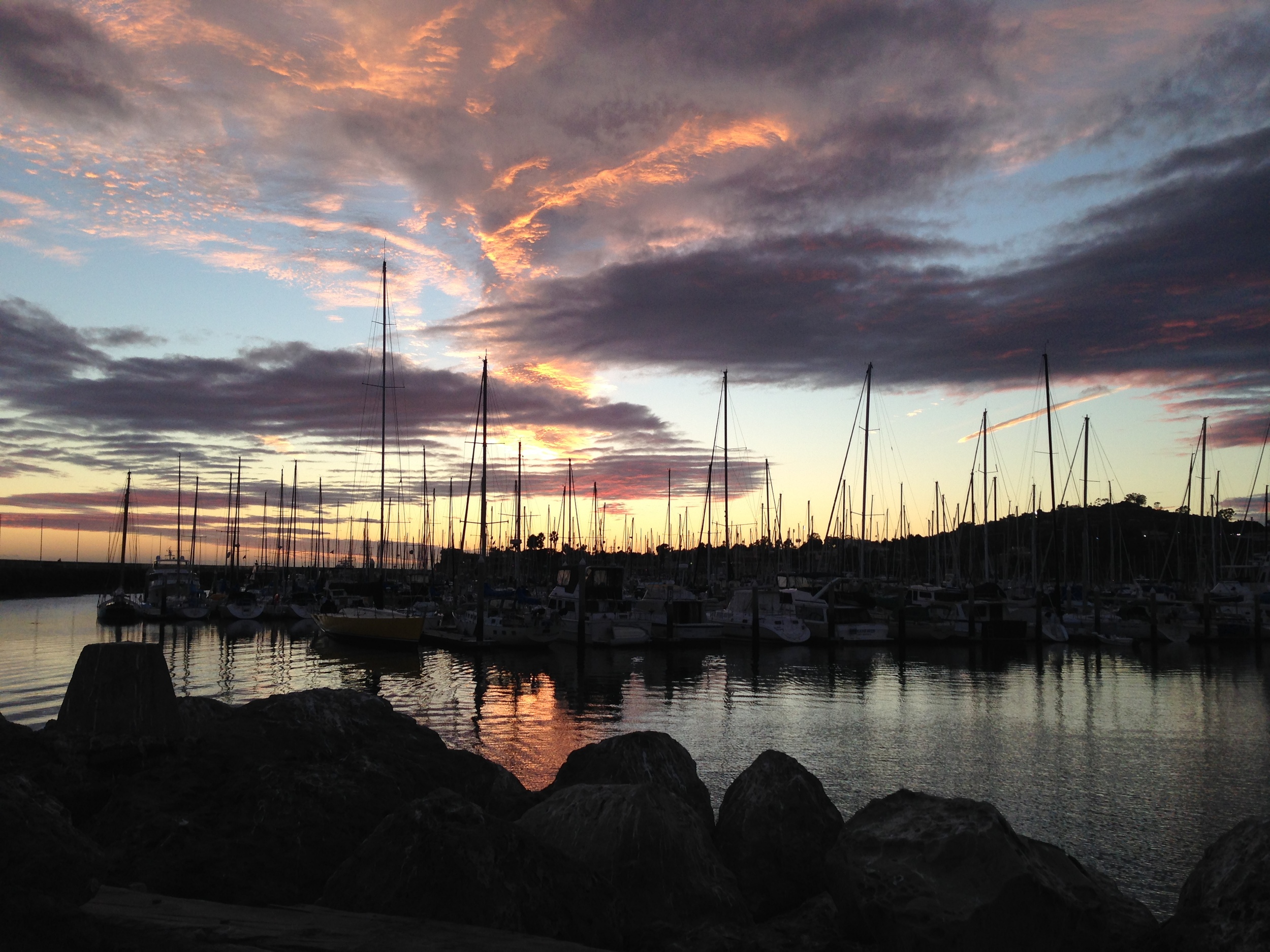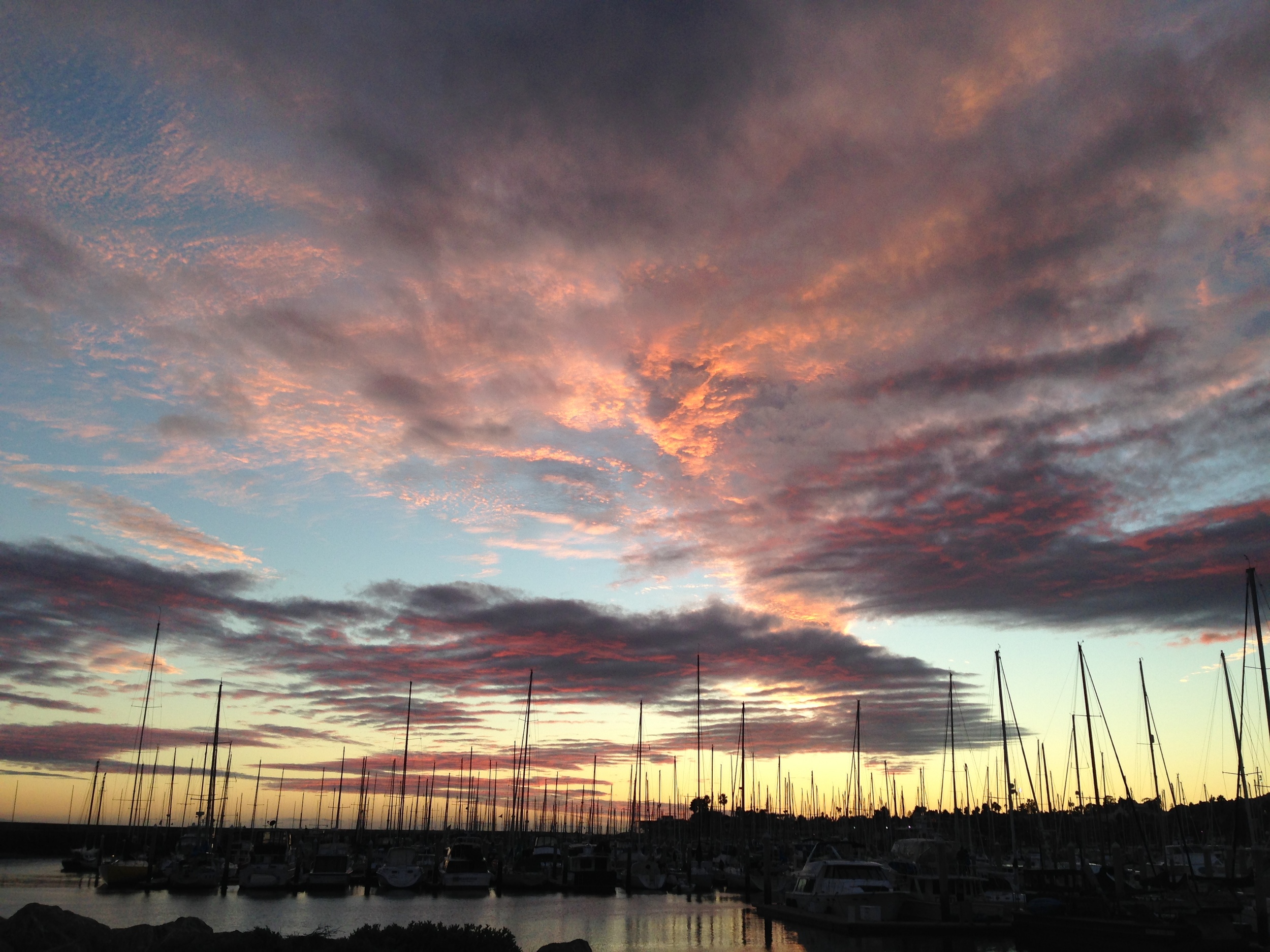2014 - Welcome to an Extraordinary Year
Shoreline Park, Santa Barbara
Does anyone else feel as if the coming year will be extraordinary? Perhaps it’s my insufferable optimism, but I sense something will break open this year, as if a river long constrained by concrete and rebar is suddenly rocked by a massive eruption, the water pouring through the fissure, flooding all the carefully tended fields and opening the earth to Nature’s serendipity.
Welcome to 2014. I believe it will be a time of growing awareness and revelation, understanding and perhaps, if we can hope for the most inexplicable, peace and productivity in Washington, D.C., to the benefit of all those who have been forgotten these past seven years. Wouldn’t that be worth celebrating?
The homeless, the infirm, the hungry, the lost. Perhaps this year the politicians will find some empathy and practice the most Golden of Rules: Love Thy Neighbor.
The New Yorker has a piece on Pope Francis in the year-end edition. I was raised in the Catholic faith, and while I have not practiced in many years, I follow the church’s foibles and failures, hoping that something might shift. It is with a little caution and lots of hope that I say Francis is a breath of fresh air. He allies himself with the very-forward thinking Pope John XXIII, whose vision produced the Second Vatican Council and changed every Catholic’s life significantly in the 1960s.
Soon after he became pope, Francis suggested that everyone belonged at the table of God, not just Catholics who had the seal of approval affixed to their foreheads. “Who am I to judge,” he said to a reporter who asked him about the status of homosexual priests in the church. In his first major declaration, he said: “We want to enter into the fabric of society, sharing the lives of all, listening to their concerns, helping them materially and spiritually in their needs, rejoicing with those who rejoice, weeping with those who weep; arm in arm with others, we are committed to building a new world.”
Arm in arm with others? Sharing the lives of all? This is not the papal message of the past thirty years, and so it is suspicious. Francis has issued no edicts that would change current church policy. But, still.
Is there hope for change? If the New Yorker piece is any indication, perhaps.
In an interview with the periodical Spadaro last year, Francis referenced John XXIII, who had said: “See everything, turn a blind eye to much; correct a little.”
“John XXIII saw all things, the maximum dimension,” Francis said. “but he chose to correct a few, the minimum dimension. Many think that changes and reforms can take place in a short time. I believe that we always need time to lay the foundation for real, effective change. And this is the time of discernment. Sometimes discernment instead urges us to do precisely what you had at first thought you would do later.”
This is a time of discernment. We are a broken society, torn by political and economic passions driven by divisiveness and hate. If the pope, leader of an institution that has been the cause of perhaps as much heartbreak and scourge as solace and love, can suggest that it needs to look within, then the rest of us can do the same. This New Year offers as much hope as we are willing to embrace. Shall we?











